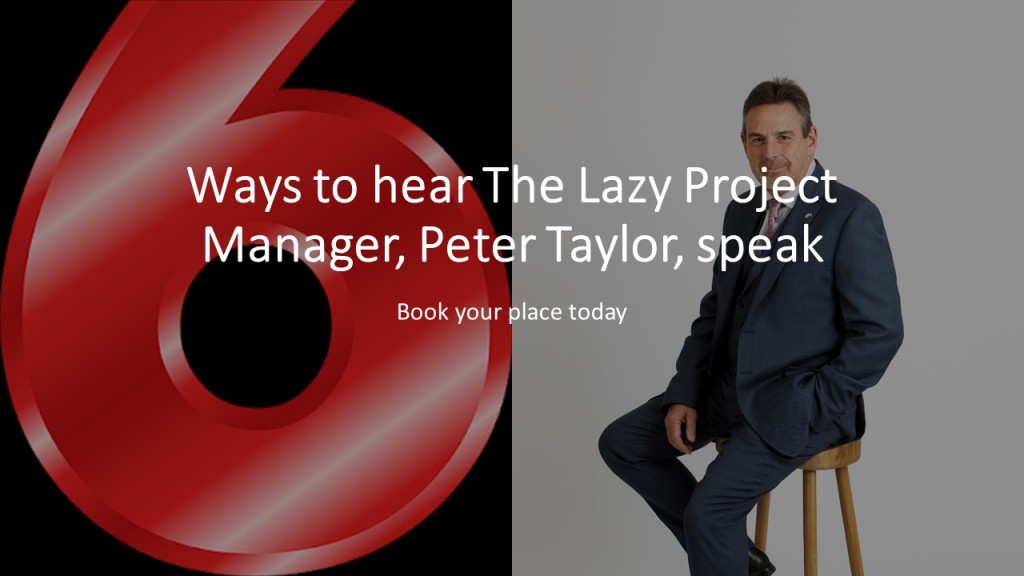Is your business life ‘Volatile’?

Well don’t panic, you are certainly not alone, but you should accept that you are part the ‘VUCA’ world today!
V = Volatility: the nature and dynamics of change, and the nature and speed of change forces and change catalysts.
Meaning: Liable to change rapidly and unpredictably, especially for the worse.
In a Forbes article ‘What Does VUCA Really Mean?’ Jeroen Kraaijenbrink writes: ‘Volatility refers to the speed of change in an industry, market or the world in general. It is associated with fluctuations in demand, turbulence and short time to markets and it is well-documented in the literature on industry dynamism. The more volatile the world is, the more and faster things change’.
The key here is speed of change and the variability of that change.
The days of nice 3, 4, 5-year plans are long, long gone, yes, there might be some long-term strategy associated to a vision but not at a detailed planning level. The days of starting a project or program and having a clear view of the business landscape that you have to lead that change across is also long gone. Who knows what might suddenly be needed by the organisation? Change in speed and direction driven by competitors, by the market, by the government, even by the people?
Despite the dictionary meaning of ‘Liable to change rapidly and unpredictably, especially for the worse’ such volatility should not be seen as a bad thing and that it automatically leads to a ‘worse’ situation. Instead that volatility, and associated change, is caused by a real need. It should also be considered that only not keeping pace with the volatile demand is what causes any business situation to worsen.
And so, the question has to be ‘How can we prepare ourselves to move at the speed required and to be flexible in our approach in order to meet volatility with stability?’.
Understanding the dynamics of change is a great start. What is it that makes change happen, what or who initiates this, and who or how can you overlay that change of the current business activities – in a rapid and realistic manner?
Having a change orientated culture and people ready to behave in a collaborative and business agile way is another.
Achieving true stability is probably beyond the possible in the modern business day but accepting a degree of volatility as the ‘norm’ is a very good way to view the world as relatively ‘stable.
Webinar
Join myself and Neil Derbyshire from Clarizen on the morning of 5th December where we will address the 4 main challenges of VUCA (volatility, uncertainty, complexity and ambiguity) and how working in a business agile mind-set can bring the rewards of stability, certainty, simplicity and clarity to your day-to-day work.
Join this free webinar to learn first-hand how:
1. VUCA can be used as a catalyst to bringing change in your day-to-day world
2. How a business agile mind-set will help bring stability, certainty, simplicity and clarity to your role
3. How technology can help you overcome challenges in a VUCA world
4. What can businesses do today to prepare for challenges in the future
Register your interest today to avoid VUCA now and in the future!
https://mkt.clarizen.com/webinar-register-how-to-become-business-agile-in-a-VUCA-world.html
Let’s Un-VUCA the VUCA world!
Peter Taylor is a change expert who has advised many other organisations on Change and Project strategy.
He is also the author of the number 1 bestselling project management book ‘The Lazy Project Manager’.
More information can be found at www.thelazyprojectmanager.com






